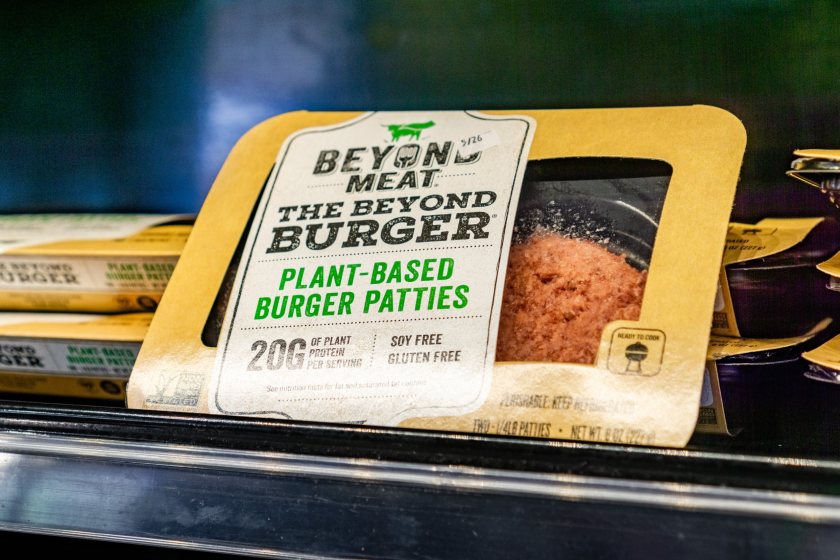
The majority of consumers want meat-free products to be displayed separately to meat products in order to avoid confusion, according to research.
The research, undertaken by AHDB, set out to understand the public's behaviour towards vegetarian and vegan products that are designed to compete with meat.
It found there is potential for confusion, with shopping bays where meat and meat-free products were very mixed together being seen as potentially confusing by 52% of people.
Products from unfamiliar plant-based brands, or historically meat brands which look very realistic, are the most likely to be unclear at first glance.
Shopping is different for meat and meat-free products with a different set of needs and drivers, with 60% of shoppers agreeing that non-meat products should be displayed in a different place to meat products.
Consumers also said that meat-free products are trying to replicate meat, with 69% agreeing plant-based products try to describe themselves in a way that sounds like meat.
And half of shoppers agree that meat-free products shouldn’t use words like ‘steak’ or ‘bacon’, and 47% feel they shouldn’t use ‘sausage’ and ‘burger’.
The research found that shoppers are fond of meat packaging with 70% likeability on average across the three meat packs tested. This was much higher than the meat-free packs.
It was not only overall likeability where meat packs outperformed plant-based, with 75% of shoppers saying the amount of detail on meat labels is about right, in comparison this is only 66% for plant-based packages.
Grace Randall, AHDB retail insight manager said: “This research is helping provide retailers and processors with evidence to protect and grow red meat sales.
"The findings give the industry the evidence needed to challenge retailers or government that meat and meat-free products shouldn’t be displayed together.
"AHDB will use these findings for further research in to how best to optimise meat packaging.”
It follows research which showed that meat dishes still retain the lion’s share
Dishes containing meat, fish and poultry account for the majority of spend in the out of home market, the AHDB said.
'Meat-free meals’, including vegetarian and plant-based, only account for 15.1%.
